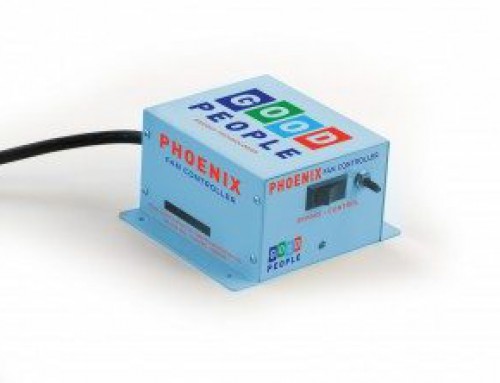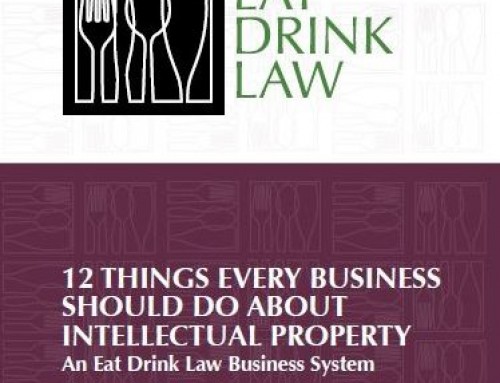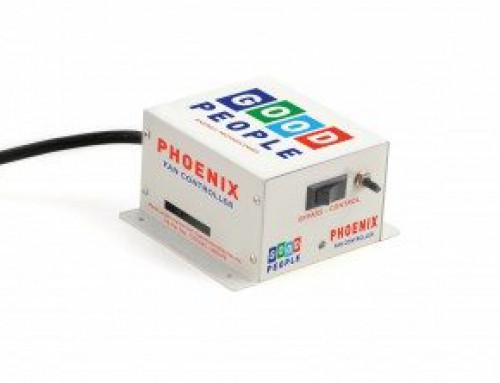Guest Blog by John L. Barone
The Fracking Ban!
2014 ended on a high note. It was a momentous year for food and drink entrepreneurs who tirelessly advocated for the ban of fracking over the past decade. Previously I wrote that New York State was the legal battleground over permitting this highly controversial industrial activity. However, that reference was in the context of the recent significant Court of Appeals ruling that upheld a municipality’s legal authority to pass a local fracking ban. The Court relied upon the principle known as “home rule” authority to confirm a municipality’s right to ban fracking within its borders through the administering of zoning or land use controls. The Court’s ruling, which was decided in July 2014, paved the way for an eventual state-wide ban by adding to the growing portions of New York State that were off-limits to fracking at the time.
“Hydrofracking” or “fracking” refers to the industrial activity of natural gas development using the technique of high-volume hydraulic fracturing. The proliferation of natural gas development has touched the lives of citizens across the nation resulting in various studies regarding impacts to the environment and human health. Here in New York, the NYS Department of Health (NYSDOH) was tasked with performing a public health review of fracking. The agency completed its review in December 2014, citing risks to public health and consequently, Governor Cuomo announced the fracking ban. The historic ban is a boost of encouragement to the vibrant artisanal food and beverage industry and self-sustaining local economies of the Finger Lakes, Catskills, Central NY and Hudson Valley.
Concerned that the introduction of fracking would negatively affect their local economies, entrepreneurs throughout our state joined together to advocate for a frack-free New York. Not surprisingly, members of industries such as (i) agriculture, (ii) food and beverage, (iii) tourism and (iv) cultural resources all rely to some degree on their respective community’s character and local resources – which includes environmental values – to generate sustainable business. In many towns across New York, unique natural resources, small hamlets, distinctive economic bases and rural quality are central elements to shaping that character.
Food and drink entrepreneurs have capitalized on agriculture, for instance, which is an industry that unavoidably relies on a community’s natural resources as well as rural qualities. Agriculture in New York utilizes approximately one-quarter of the State’s total land as farmland and is one of New York’s largest industries. Facilitating additional growth in agriculture is the public demand – as well as rising farmer interest – for natural and organic farming which has fostered the expansion of regional and local food markets. Understanding the fundamental balance between unspoiled natural resources and a stable local economic base, the Northeast Organic Farming Association of New York, Inc. (NOFA-NY) advocated for frack-free towns in New York on behalf of its member farmers.
Aside from the potential direct negative environmental impacts to local agriculture from fracking, the perceived risks from the industrial activity were feared to result in a chilling effect on the market for local exports – especially organics – that rely on consumer expectations for pure goods. I met with Joe Holtz, General Manager of Park Slope Food Coop, in the summer of 2014. The Coop is an approximately 15,000-member wholesale buyer of New York State agricultural products purchasing upward of $3 million worth of organic farm products annually. Joe expressed concerns regarding fracking in Upstate NY, remarking that “the Coop would search for alternatives to products from New York State farms in locales where fracking occurs.” For communities heavily invested in organic farming, an acceleration of natural gas development could have resulted in a collapse of the local economy and thus, the fracking ban has been welcomed by the organic farming industry in New York.
As documented by Devin Morgan’s writing, Governor Cuomo’s emergent support of New York State’s craft beverage industries furthered the sale of local wine, beer, spirits and cider products. The Governor identified investments in the farm-based beverage industry as resulting in new opportunities for small business owners throughout the State. Focusing on one segment of this industry, according to a study conducted by the Napa Valley-based Stonebridge Research Group LLC, the New York grape and wine industries contributed over $4.8 billion in economic benefits to the economy of New York in 2012 and provided 24,900 full-time jobs.
New York’s maturing wine industry in the Finger Lakes is a major wine producing region of the State, known for its wineries, vineyards and pristine beauty. Like traditional farmers, vineyard owners stress the importance of preserving the quality of natural resources. However, vineyard owners and wineries alike recognize that the perceived risks from fracking and related industrial activity would also have a chilling effect on local tourism and the wineries themselves. In response to these threats, wine businesses across this region are addressing concerns to protect their local economy. The recently organized Finger Lakes Wine Business Coalition grew from the desire to lead Upstate economic development through wine-driven agritourism and sustainable business practices—unifying wineries, vineyards, local food producers, and creatives who are the stewards of Finger Lakes Wine Country. In a letter to Governor Cuomo, the group praised the Governor for the state-wide ban on fracking.
In Middlefield, Brewery Ommegang has been another staunch advocate for a frack-free New York. In 2010 Larry Bennett, Director of Creative Services for Brewery Ommegang, expressed grave concerns related to hydrofracking in Middlefield: “Ommegang’s strongest beer contains 90 percent water, so if the water were contaminated, we would be forced to move . . . From wineries to breweries to restaurants, entrepreneurs have created a thriving artisanal culture throughout certain regions of New York State and are looking to foster their unique identity as a national food and beverage destination. New York State’s measure against the fossil fuel industry coincides with escalating investments in renewable energy and an overall increase of support for a green economy. The historic fracking ban acts to protect a sound economic base, sense of community, and the health and welfare of New York’s residents and businesses. John L. Barone is an environmental and real estate attorney who focuses on regulatory compliance, complex transactions, and dispute resolution for business clients across New York State. He is a partner at Tooher & Barone, LLP in Albany, NY. He has a particular affinity for craft food and beverage entrepreneurs and their role in accentuating New York’s rich agriculture, cuisine, vineyards, microbreweries and artisan distillers.







